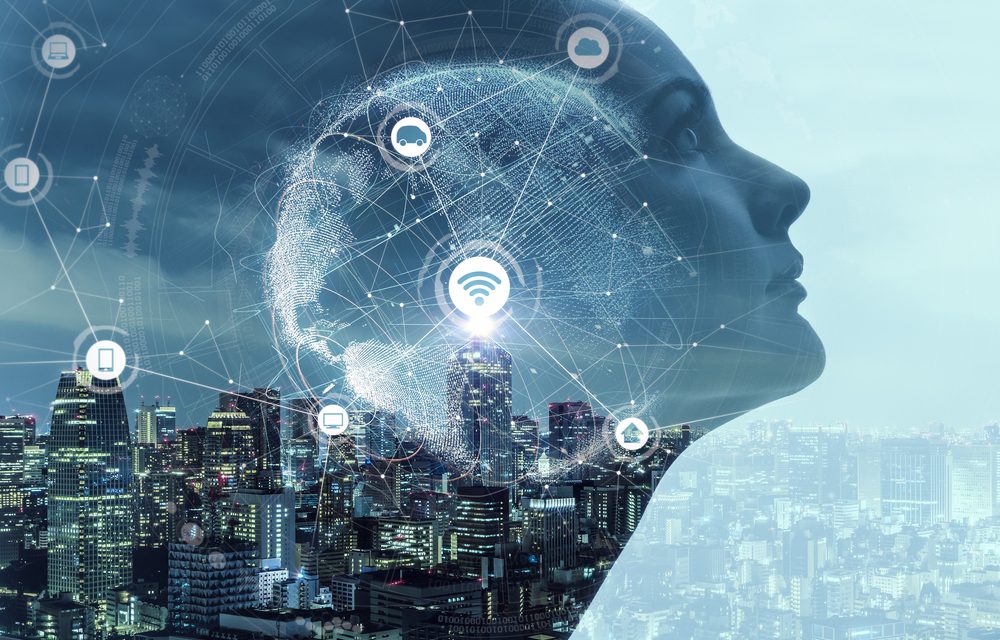
Artificial Intelligence, or AI, has advanced rapidly in the past few decades, changing the way we live and work. As AI continues to evolve, we can expect it to revolutionize industries and even our daily lives. However, as we develop new technologies, we must also consider the ethical implications and potential effects on society.
The Current State of AI
- Machine Learning; AI systems can learn from experience, using algorithms to improve their performance on specific tasks.
- Natural Language Processing; AI can understand and respond to human language, making it a valuable tool for customer service and communication.
- Computer Vision; AI can interpret and analyze visual data, enabling advanced image and video analysis.
Potential Future Advancements
- Advancements in AI could lead to truly intelligent systems capable of reasoning and decision-making on a human level.
- As AI becomes more sophisticated, we may also see the development of systems capable of complex analysis and problem-solving in fields like healthcare, finance, and law.
Ethical Considerations
- Job Displacement; As machines become increasingly capable, many fear that AI will lead to job losses, particularly in fields like manufacturing and transportation.
- Data Privacy; As AI systems collect and analyze vast amounts of personal data, it is important to ensure that this information is protected and used ethically.
- Autonomous Systems; Autonomous systems like self-driving cars raise important ethical questions around safety and liability.
Impact on Job Market
While AI may lead to some job displacement, it may also create new opportunities. In fields like healthcare and education, AI could help improve efficiency and free up time for more complex tasks. It is important to support retraining and education to help workers adapt to the changing job market.
Jobs at risk
- Manufacturing
- Transportation
- Customer Service
Jobs in demand
- Data Science
- Robotics Engineering
- AI Development
Impact on Society
AI has the potential to improve many aspects of society, from healthcare to public safety. However, the use of AI must be carefully regulated to ensure it is used ethically and for the benefit of all. It is also important to consider issues of bias and access to ensure that AI is not used to perpetuate existing inequalities.
Healthcare
AI systems can assist with diagnosis, drug discovery, and personalized treatment recommendations.
Public Safety
AI can be used to power predictive policing systems, improving response times and helping to prevent crime.
Education
AI can provide personalized learning experiences and assist with grading and feedback, helping to improve student outcomes.

Applications of AI
- Financial Analysis
AI can be used for fraud detection, risk assessment, and investment recommendations in the financial sector.
- Manufacturing
AI can improve efficiency through process optimization, predictive maintenance, and supply chain management.
- Marketing and Advertising
AI can analyze consumer data to provide personalized advertisements and recommendations.
To conclude, the Future of AI is Exciting. As AI continues to evolve, we can expect to see new innovations and applications that improve our lives and our world. Nevertheless, ethical considerations are essential. As we develop AI technologies, it is essential that we consider the ethical implications and ensure that AI is used for the benefit of all.












 Sompaonline.com offers its reading audience with a comprehensive online source for up-to-the-minute news about politics, business, entertainment and other issues in Ghana
Sompaonline.com offers its reading audience with a comprehensive online source for up-to-the-minute news about politics, business, entertainment and other issues in Ghana